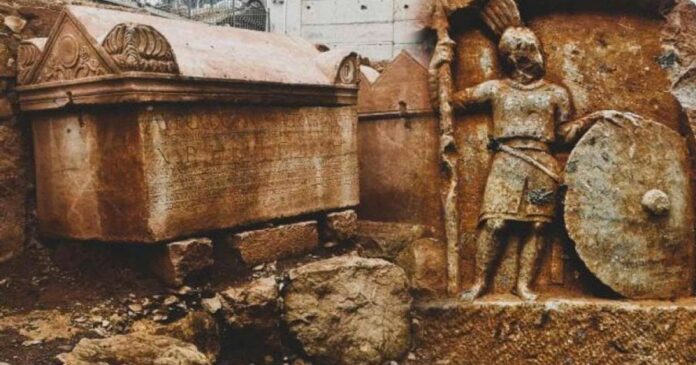A significant archaeological discovery has been made in western Turkey, shedding light on the life of an elite soldier who served as a personal bodyguard to the Roman Emperor Diocletian. The well-preserved sarcophagus and its contents have provided researchers with valuable insights into the history of Roman rule in Anatolia. This article explores the discovery, its historical context, and its importance in understanding the region’s past.
Discovery of the Sarcophagus
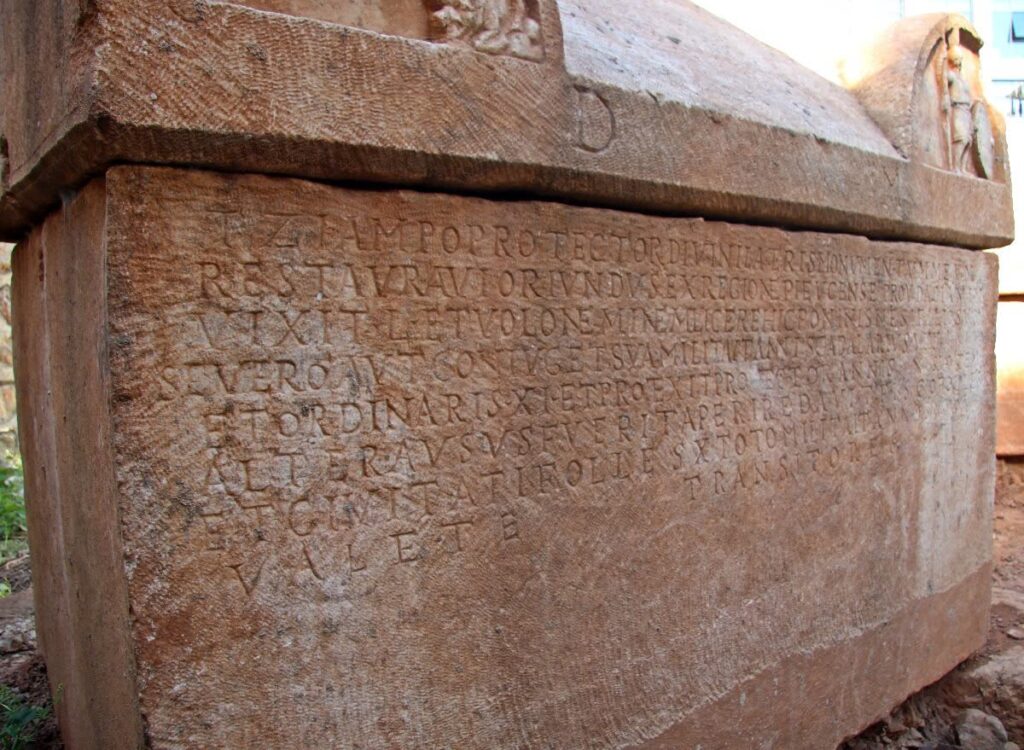
Between 2017 and 2019, during the construction of a building foundation in Kocaeli province, western Turkey, archaeologists unearthed a remarkable find. Among 37 graves uncovered during the excavation led by the Kocaeli Museum, one stone sarcophagus stood out. The Latin inscription on this sarcophagus identified it as belonging to Tziampo, a bodyguard of Emperor Diocletian, who ruled from 284 to 305 AD. This discovery was later confirmed by research conducted by Associate Professor Hüseyin Sami Öztürk from Marmara University.
The Life of Tziampo
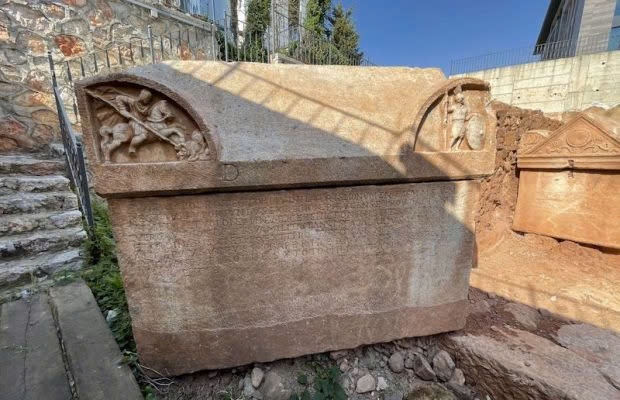
Tziampo was of Romanian origin and joined the Roman army as a cavalryman. His military training focused on disrupting enemy infantry, attacking from the flanks, pursuing, capturing, and killing fleeing enemies. After nine years on the front lines, Tziampo was promoted to the rank of general. In his 11th year of service, he was bestowed the prestigious title of “Defender of the Emperor.”
The Imperial Guard
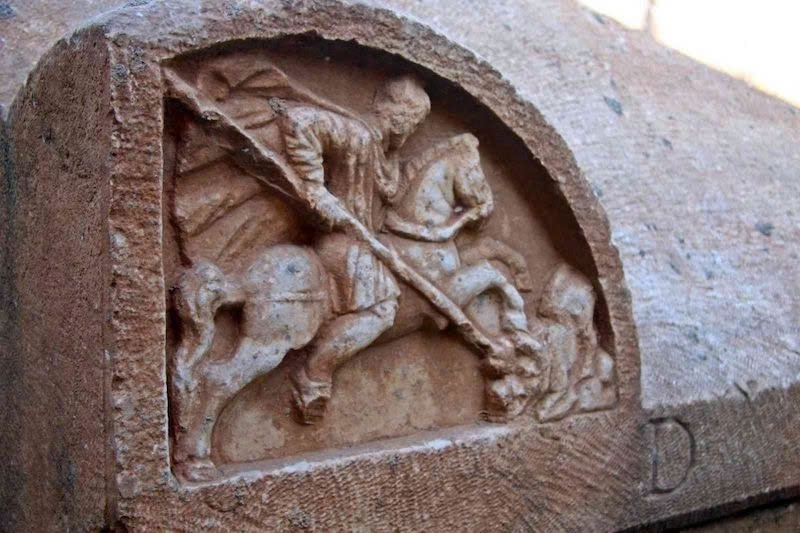
Tziampo was part of an elite unit of eight bodyguards, a diverse group with members from Italy, Croatia, Serbia, Algeria, and Arabia. The discovery of Tziampo’s grave is particularly significant as it marks the first time a bodyguard of the emperor has been found in Anatolia, now modern-day Turkey. Even more remarkably, Tziampo’s skeleton was found intact, surrounded by numerous burial items, indicating his high status. Another skeleton found alongside him was identified as his wife, further adding to the significance of the find.
The Importance of the Discovery
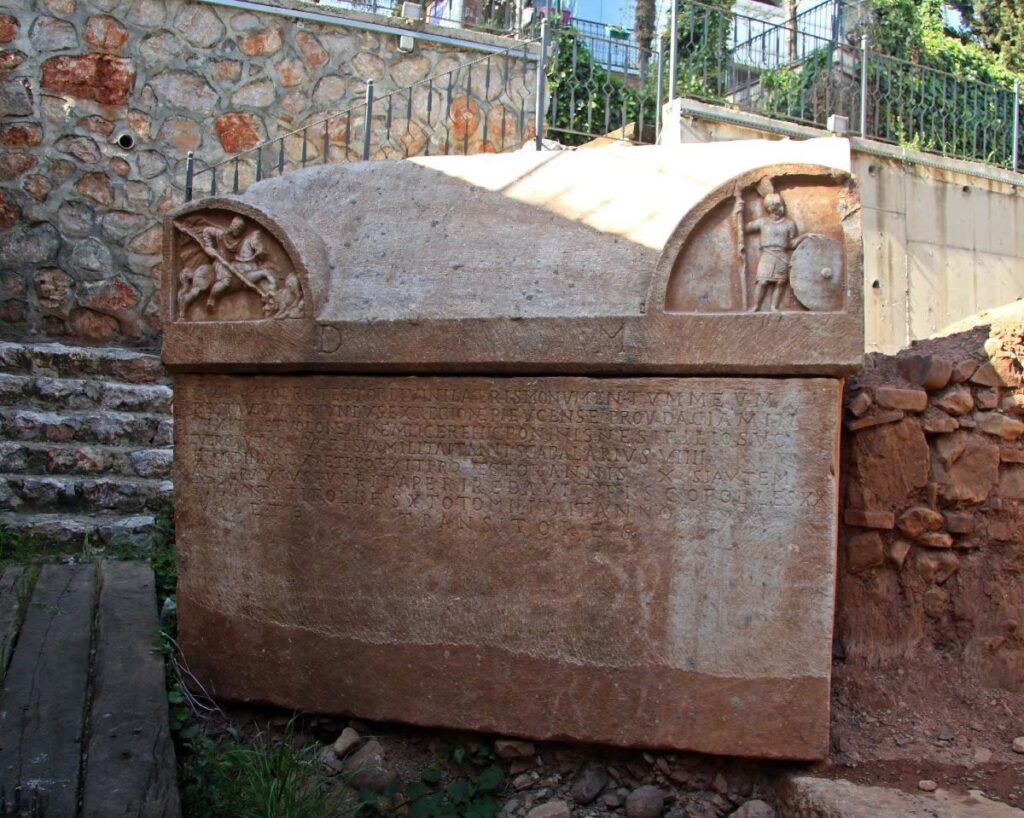
In addition to Tziampo’s sarcophagus, four out of five other sarcophagi discovered at the site also bore Latin inscriptions. The skeletal remains and burial goods recovered from these graves provide researchers with a wealth of information about the history of Anatolia during Roman rule. This discovery is expected to contribute significantly to our understanding of the region’s past, particularly under the influence of the Roman Empire.
Conclusion
The discovery of Tziampo’s sarcophagus in Kocaeli is a remarkable contribution to the field of archaeology and ancient history. It not only provides a rare glimpse into the life of an elite Roman soldier but also deepens our understanding of Roman influence in Anatolia. As researchers continue to study the findings, they will undoubtedly uncover more about the intricate history of this region during one of the most powerful empires in history.
